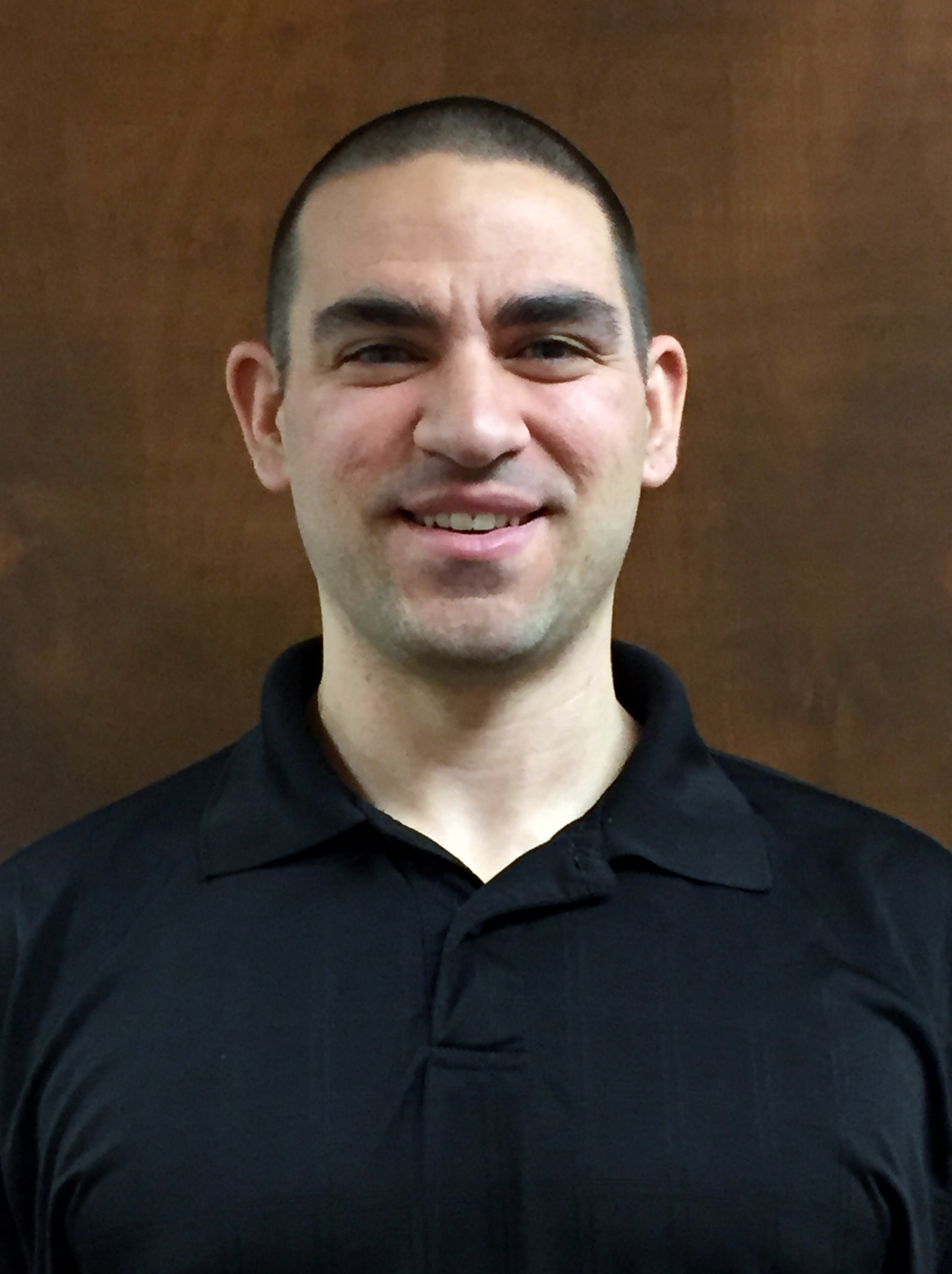Helping to avoid Problem Gambling Posted On
Gambling is designed to be exciting, since it is a form of entertainment. As long as those participating use it as entertainment and not an escape from life, among other risk factors, they may avoid problem gambling. But many people wonder, how does someone become addicted to gambling and what can I do to help?
How it could happen:
The excitement hijacks the reward center of the brain. It’s the sense of excitement that we may win or lose, and the hope that our luck will prevail. It’s the desire to seek the feeling of invincibility while in a winning phase of gambling. This excitement releases hormones in the brain that give a sense of euphoria, similar to a runner’s high.
Although the sense of excitement is not a problem in itself, when facing challenges in life that bring stress and grief, many begin to rely on the excitement from chance to cope with those negative feelings, which may lead down the path to problem gambling.
Why this is important:
This shows that everyone is susceptible to struggling with problem gambling. It shows that, since we will all go through different phases of life and deal with many different types of stress, anyone can find themselves on the path to problem gambling. Therefore, we all need to be aware of what problem gambling is, that luck does NOT change the chance involved, and how to stay safe.
What you can do:
There are many things you can do to prevent yourself or a loved one from struggling with problem gambling.
- Educate yourself. Prevention of problem gambling begins with understanding problem gambling. You can’t prevent something you don’t understand, so educate yourself through literature, videos, and any other means necessary to know more.
- Talk about it. Talk with friends and family about problem gambling. Talk about what problem gambling may look like and how they would start the conversation with a loved one who may be struggling with problem gambling.
- Call for help. If you or someone you know is struggling with problem gambling, please reach out to a trained professional though the New York State HOPEline at 1-877-8-HOPENY (1-877-846-7369). There, you’ll be connected with a trained clinician who will guide you to help that’s available and comfortable for you.

